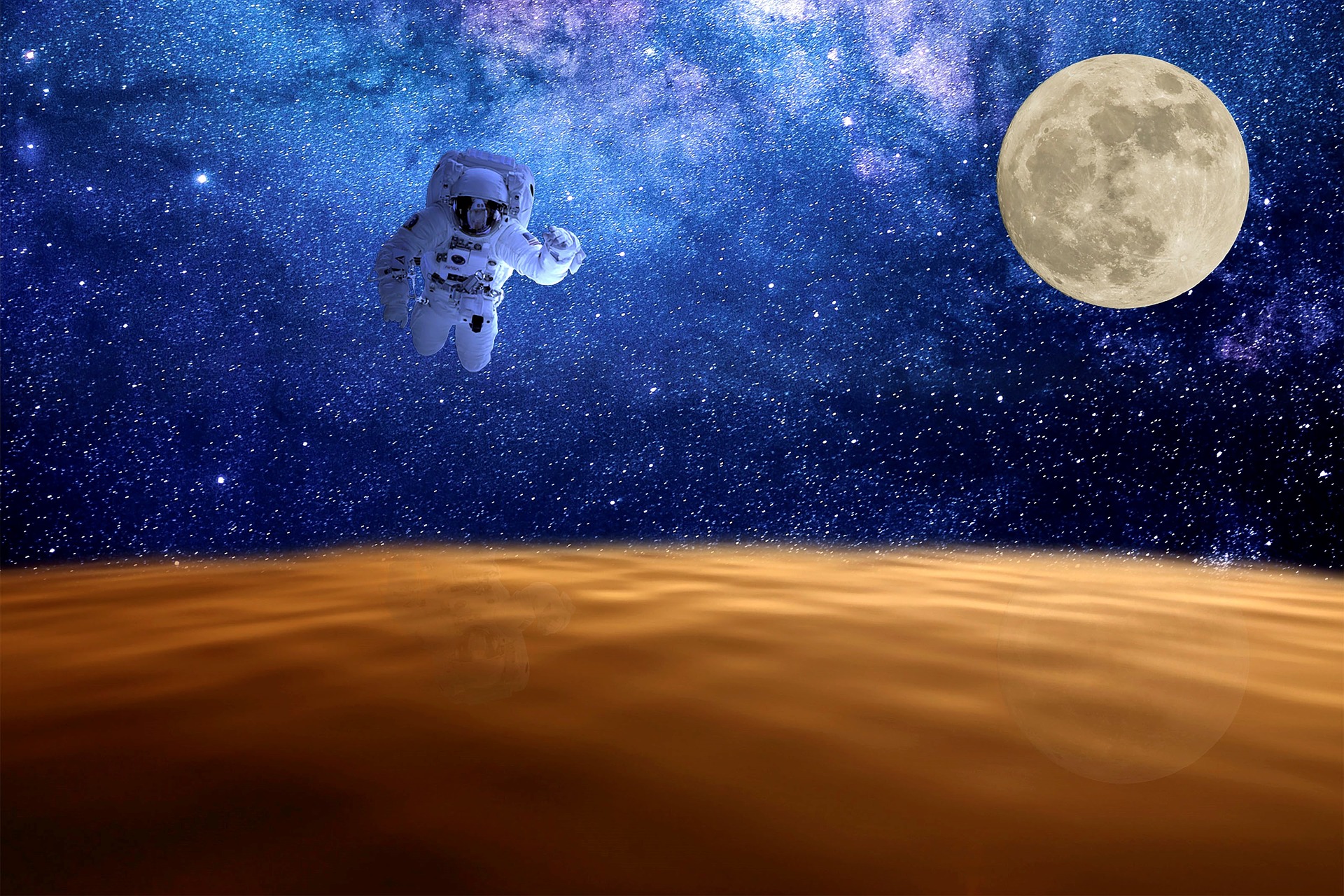Elon Musk is not the only one who dreams of people in space. Now, the Dutch startup company SpaceLife Origin has an even more brave idea that almost borders on megalomania. One wants to be the company responsible for the birth of the first baby in outer space and that should happen by 2024.
According to Egbert Edelbroek, one of the executives of SpaceLife Origin, they owe it to their children and future generations. Humanity is facing increasing threats to life on Earth. Global warming, nuclear threats, large asteroid collisions. NASA, ESA, SpaceX and others plan independent human settlements on the Moon and Mars as a backup plan. These efforts also require the ability to reproduce. This element is their contribution.
Birth in space is new to human
Birth in space is an area that has been previously studied though never in humans. As in a recent article in The Atlantic, they instead experimented with small animals like mice, fish, and lizards. That alone has been enough to identify potential challenges, such as the effects of weightlessness on newborns. Therefore, the plan of the ambitious company could backfire.
International space law does not see any regulatory obstacles here. However, there are some regional differences in the rules for dealing with embryos. Therefore one must choose a voluntary mother from not so conservative regions. SpaceLife Origin is planning several missions with names like Ark, Lotus and finally Cradle. The last of these three is the mission to give birth to a pregnant woman in space. The whole thing should happen during a 24 to 36 hour mission under the guidance of a medical team.
Will it really happen?
Now the question is, will it really happen? It sounds like there are several ethical and technological hurdles to overcome.
Personally, I find this project irresponsible especially to the baby. You just do not know what this unusual environment will have for development and if everything goes smoothly. On the other hand, many scientific advances have been achieved only by such radical experiments. Strange it remains nevertheless. I am curious if this mission will really happen.

